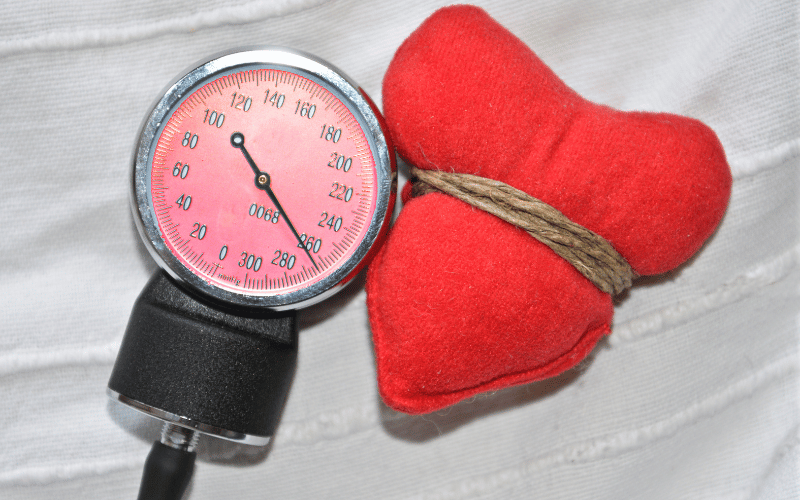8. Portal Hypertension: The Hidden Pressure Within

Portal hypertension stands as an insidious complication of congestive hepatopathy, where increased blood pressure within the portal venous system leads to a multitude of secondary issues. As the liver becomes congested, it resists blood flow, causing pressure to build up in the portal vein, which carries blood from the gastrointestinal tract and spleen to the liver. This increased pressure can cause the development of varices and ascites, which are, in themselves, risk factors for further complications.
Patients with portal hypertension may be asymptomatic at first, or they might experience vague symptoms such as abdominal discomfort or fullness due to the developing ascites. The diagnosis of portal hypertension often follows the detection of its complications, such as gastrointestinal bleeding from ruptured varices, which can be life-threatening.
The collateral circulation that develops in response to portal hypertension can lead to visible signs such as distended abdominal veins, known as caput medusae, and hemorrhoids. These are outward manifestations of the body’s attempt to circumvent the high pressure in the portal system by diverting blood through alternate pathways.
The surveillance for portal hypertension involves endoscopy to screen for varices, imaging studies such as Doppler ultrasound to assess blood flow, and sometimes right heart catheterization to evaluate the severity of the pressure increase. This monitoring is vital to preempt potential bleeding events and to assess the need for interventions like variceal banding or the use of beta-blockers to reduce portal pressure.
Ultimately, the management of portal hypertension requires addressing the heart conditions contributing to liver congestion. Therapies aimed at reducing cardiac workload and improving circulation can alleviate the pressure on the liver, thereby reducing portal hypertension. It’s a delicate balancing act, one that necessitates careful coordination of care to protect patients from the hidden pressures that threaten their health. (8)